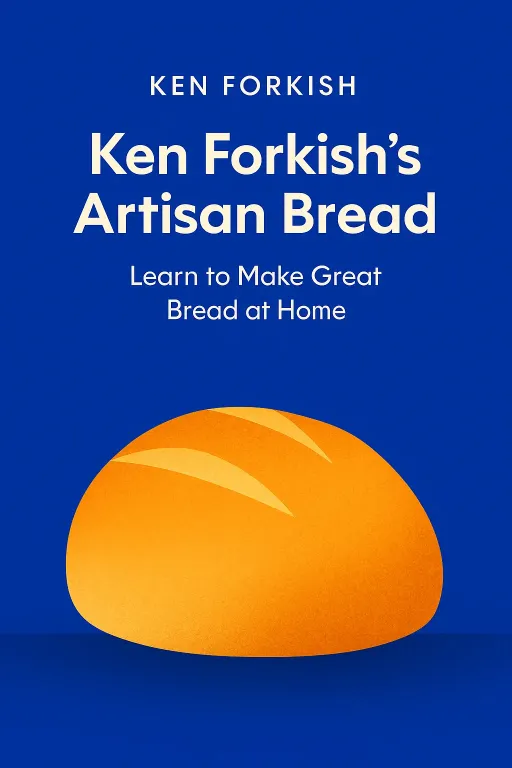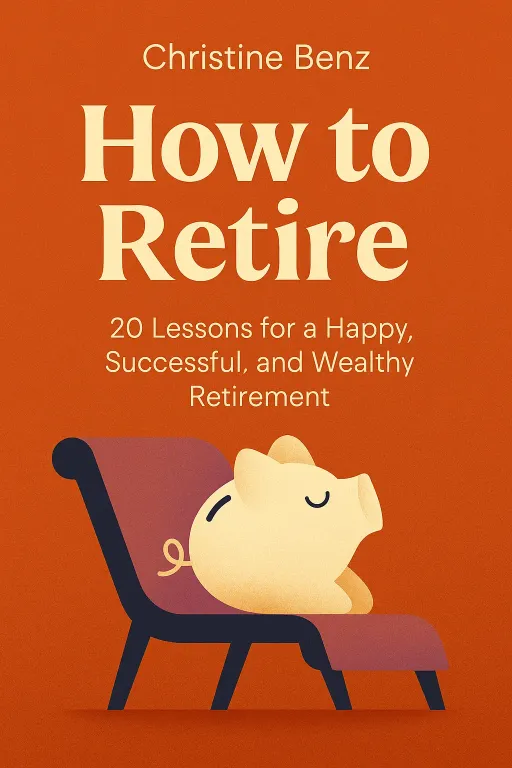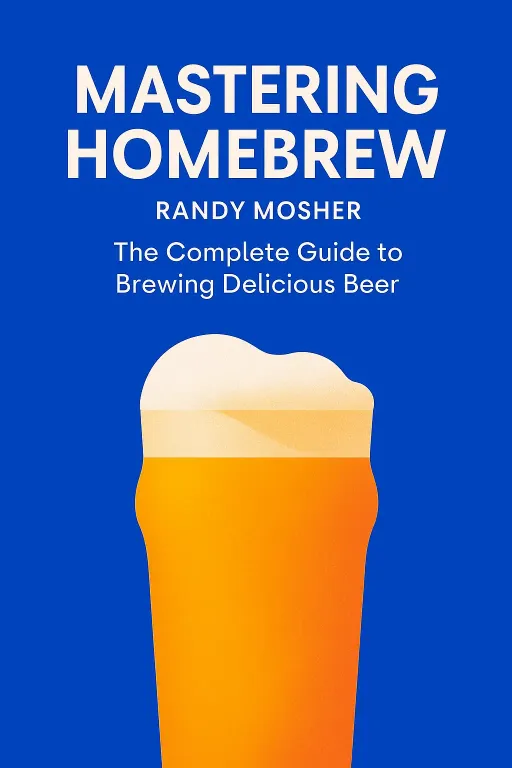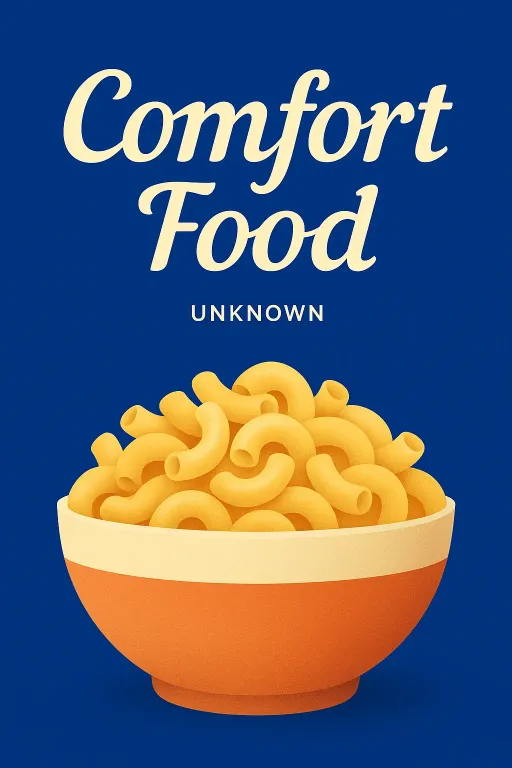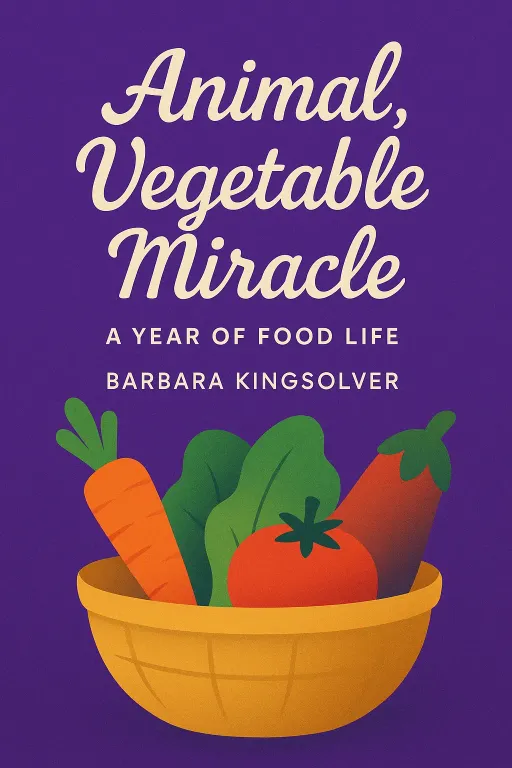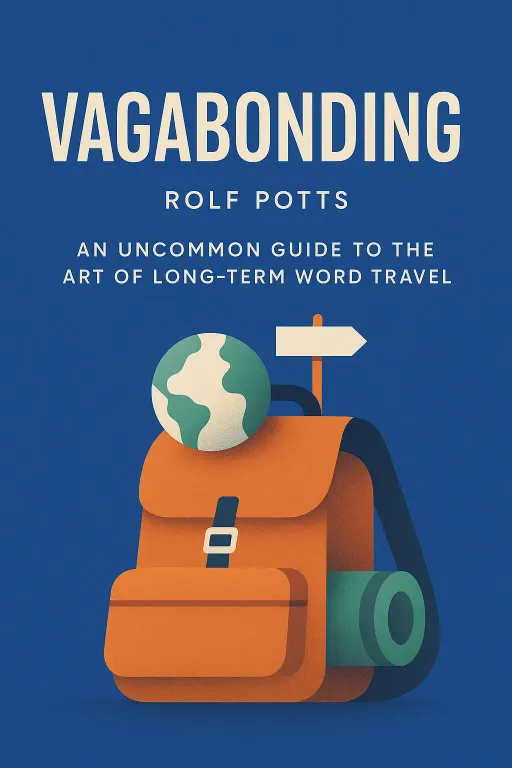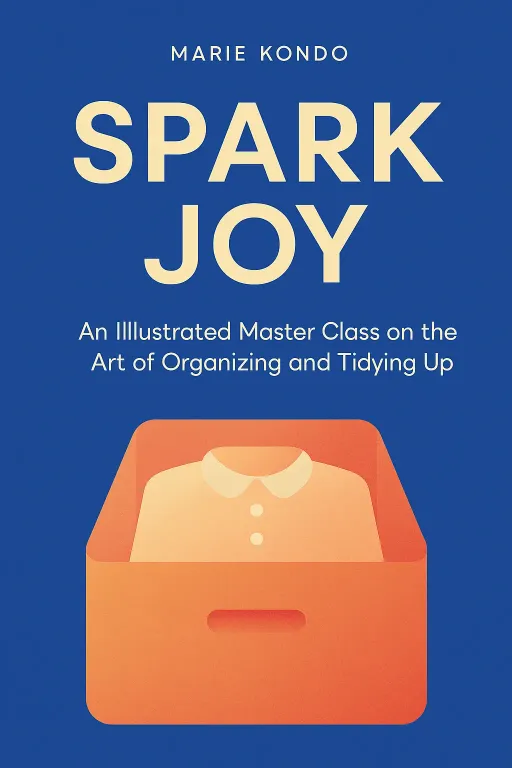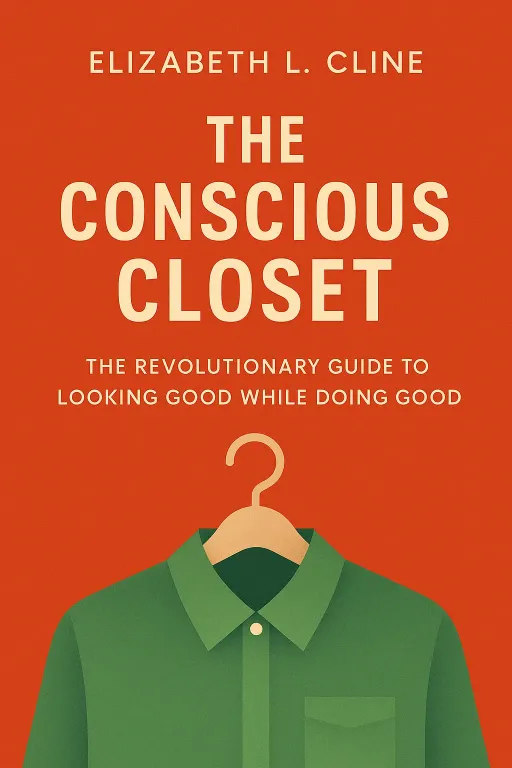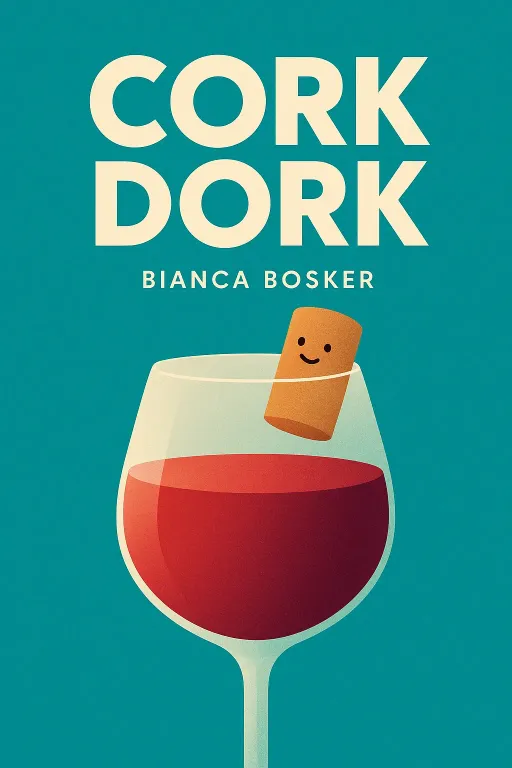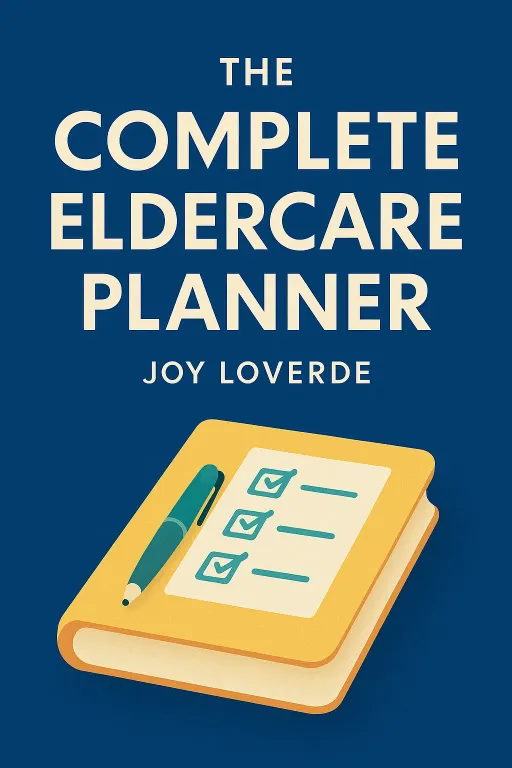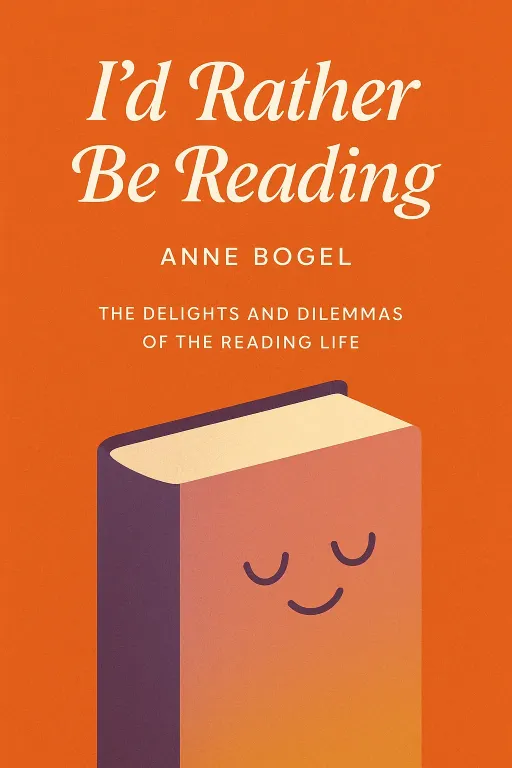
I'd Rather Be Reading
10 minThe Delights and Dilemmas of the Reading Life
Introduction
Narrator: What is your favorite book? It seems like a simple question, a casual icebreaker. But for a true reader, it’s one of the most loaded questions you can ask. To answer is to reveal a piece of your soul, to offer up a map of your inner world for judgment. Do you choose the intellectual classic to appear smart? The heart-wrenching novel to show your empathy? The obscure title to prove your literary cred? This single question exposes the delights and the dilemmas that define a life built around books. In her charming collection of essays, I'd Rather Be Reading, author Anne Bogel explores this rich, complex, and often quirky world, validating the shared experiences that unite readers everywhere. She argues that reading isn't just a hobby; it's a lifestyle, an essential part of who we are and how we understand our place in the world.
A Reader's Identity is Forged in Personal Taste, Not Literary Canon
Key Insight 1
Narrator: The concept of a "great book" is deeply personal and subjective. Bogel asserts that to recommend a great book, one doesn't just need to know about books; they need to know the reader. This truth dismantles the pressure many readers feel to conform to a specific literary standard. This pressure often leads to what Bogel calls "literary sins"—the guilt associated with not having read certain classics or, conversely, loving books deemed "lowbrow."
This phenomenon is humorously captured in David Lodge's campus novel, Changing Places. In the story, a group of British academics introduces their American guest to a party game called "Humiliation." The objective is to confess which important literary works one has not read, with points awarded for the most significant gaps in one's reading history. The game satirizes academic pretension, but it also highlights a universal reader's anxiety. Bogel found this same confessional impulse in her own interactions with readers, who would often whisper their "sins" as if sharing a shameful secret. Yet, she argues that embracing these unique tastes is the first step in building an authentic reading life. Our reading history, with all its quirks and deviations from the canon, forms the very architecture of our minds and is an integral part of our present selves.
The Right Book Often Finds You at the Perfect Moment
Key Insight 2
Narrator: Bogel explores the magical, serendipitous phenomenon of books appearing in our lives at the precise moment we need them. These are not just enjoyable reads; they are timely interventions that offer guidance, comfort, or practical advice. She likens this experience to the "magical gifts" in Sarah Addison Allen's novel Garden Spells, where a gift seems random when given but turns out to be exactly what the recipient needs.
Bogel shares a powerful personal story to illustrate this. For years, Dallas Willard's book The Divine Conspiracy sat unread on her shelf. Then, one day, her son was diagnosed with a serious medical condition, requiring immediate travel to see a specialist. In the rush to pack, she grabbed Willard's book simply because it was on her nightstand. Over the next few days, in waiting rooms, airplane terminals, and hospital corridors, that book became her anchor. Its message about living well in the present moment provided profound comfort and guidance during a period of intense stress and uncertainty. Bogel concludes that books move in mysterious ways, and she has learned to pay attention to the subtle hints—the repeated recommendations from friends, the unexplained urge to pick up a certain title—as they often lead to the book that is essential for that specific moment in life.
Physical Spaces Shape the Reading Experience
Key Insight 3
Narrator: The environment in which we read plays a profound role in shaping our habits and identity as readers. For Bogel, no place was more influential than the small house she and her husband bought next door to the public library. This proximity transformed the library from an occasional destination into an integral part of their daily life.
After the birth of her first child, the library became a daily refuge. As her family grew, it was the go-to spot for story time, a source of endless entertainment, and a community hub where the librarians knew her children by name. Bogel emphasizes that there is a vast difference between visiting the library a few times a week and a few times a day; between having a library in the neighborhood and having one in your own backyard. The constant, easy access to books fostered a deep and lasting love of reading for her entire family. When they eventually moved to a larger home thirteen years later, the loss of that immediate access made its value starkly clear. That little house next to the library was where she truly grew up as a reader, demonstrating that physical access and environment are critical ingredients in a flourishing reading life.
Navigating the Social World of Books Requires Finesse
Key Insight 4
Narrator: Reading can be a solitary act, but it exists within a vibrant social ecosystem of recommendations, discussions, and shared opinions. Navigating this world can be tricky. Bogel introduces the concept of being "book bossy"—the well-intentioned but often unwelcome act of telling someone what they should read. Using the word "should," she argues, implies judgment and can make a recommendation feel like an obligation, causing the recipient to resist.
This is contrasted with the joy of finding a "book twin," a person whose reading tastes align so perfectly with your own that their recommendations are almost guaranteed to be a hit. Bogel recounts an experience on the sidelines of a field hockey game where a parent was gushing about a book, convincing everyone around her to read it. The problem was, Bogel had read the book and hated it. She chose to stay silent, recognizing that her experience was not universal. This incident highlights a key truth: bookish enthusiasm is contagious, but it isn't a sufficient guide. The most effective recommendations come from understanding a reader's individual preferences. Finding a book twin, or a wider "literary family" of trusted recommenders, is one of the best strategies for navigating the endless sea of books and avoiding the disappointment of a book that just isn't right for you.
Rereading Is a Measure of Personal Growth
Key Insight 5
Narrator: In a world with an infinite number of unread books, the idea of rereading can seem counterintuitive. However, Bogel makes a compelling case for the value of revisiting beloved books, arguing that a good book improves with each visit. She quotes the philosopher Heraclitus: "No man ever steps in the same river twice, for it’s not the same river and he’s not the same man." The same is true for books. When we reread, we are not the same person we were during the first reading, and this new perspective allows us to uncover new layers of meaning.
Bogel compares rereading to the growth charts parents keep on door frames. The book remains constant, but by returning to it, we can measure how we've changed. She describes rereading Wallace Stegner's Crossing to Safety multiple times. Her first reading was marked by confusion, but on the second, having grown older and experienced more of life, she was immediately moved to tears by the characters' sorrow. Each subsequent reading has deepened her appreciation for the novel's themes of love, friendship, and loss. Rereading is not about reliving the exact same experience; it is about engaging in a dialogue with our past selves and discovering that a truly great book, as Italo Calvino wrote, "has never finished saying what it has to say."
Conclusion
Narrator: Ultimately, I'd Rather Be Reading is a heartfelt celebration of the reader's identity. The book's most crucial takeaway is that our reading life is not a trivial pastime but a rich, detailed, and deeply personal travelogue of our journey through life. The books we choose, the characters we love, the stories that break our hearts, and the ideas that change our minds are not separate from us; they are the building blocks of who we are. They are, as Bogel suggests, windows to the soul.
The book leaves readers with a gentle but profound challenge: to look at their own bookshelves not just as a collection of objects, but as a reflection of their own history. What story does your reading life tell about you? And what chapter are you choosing to write next?
